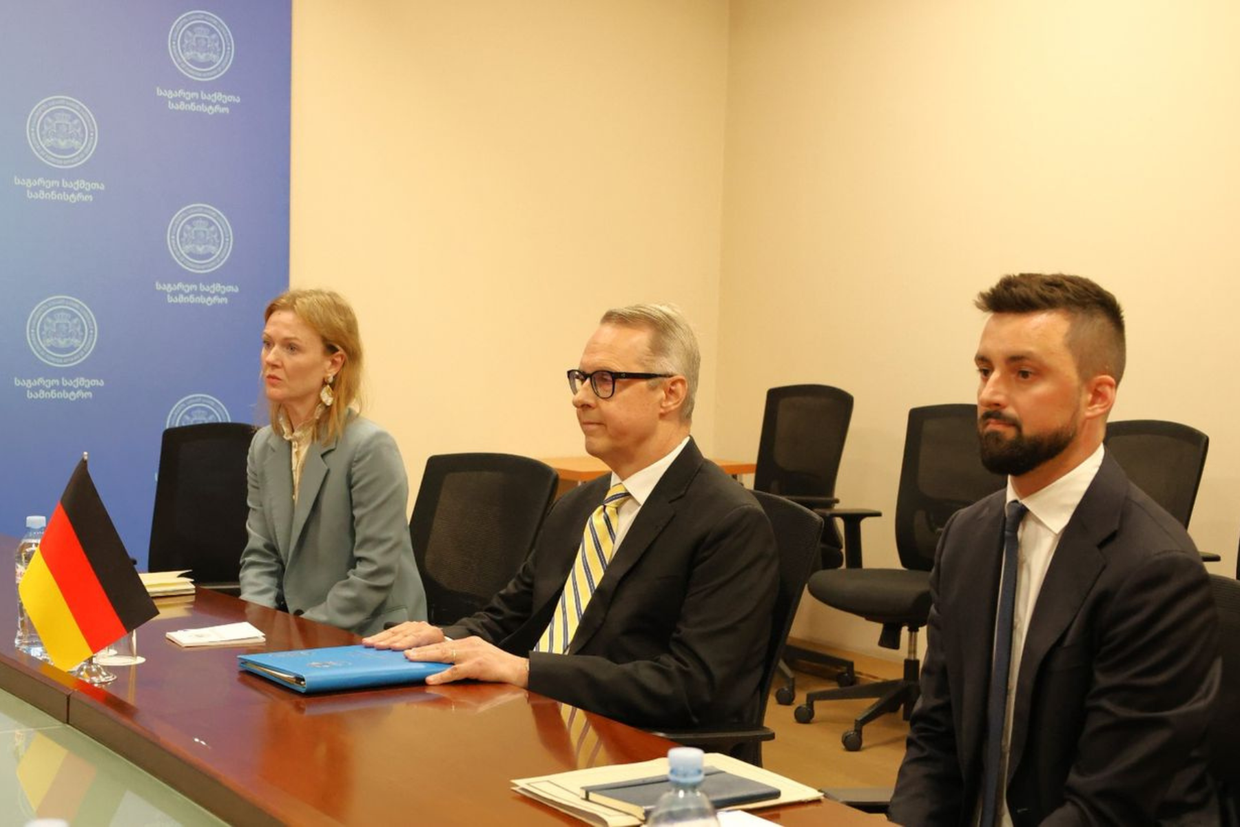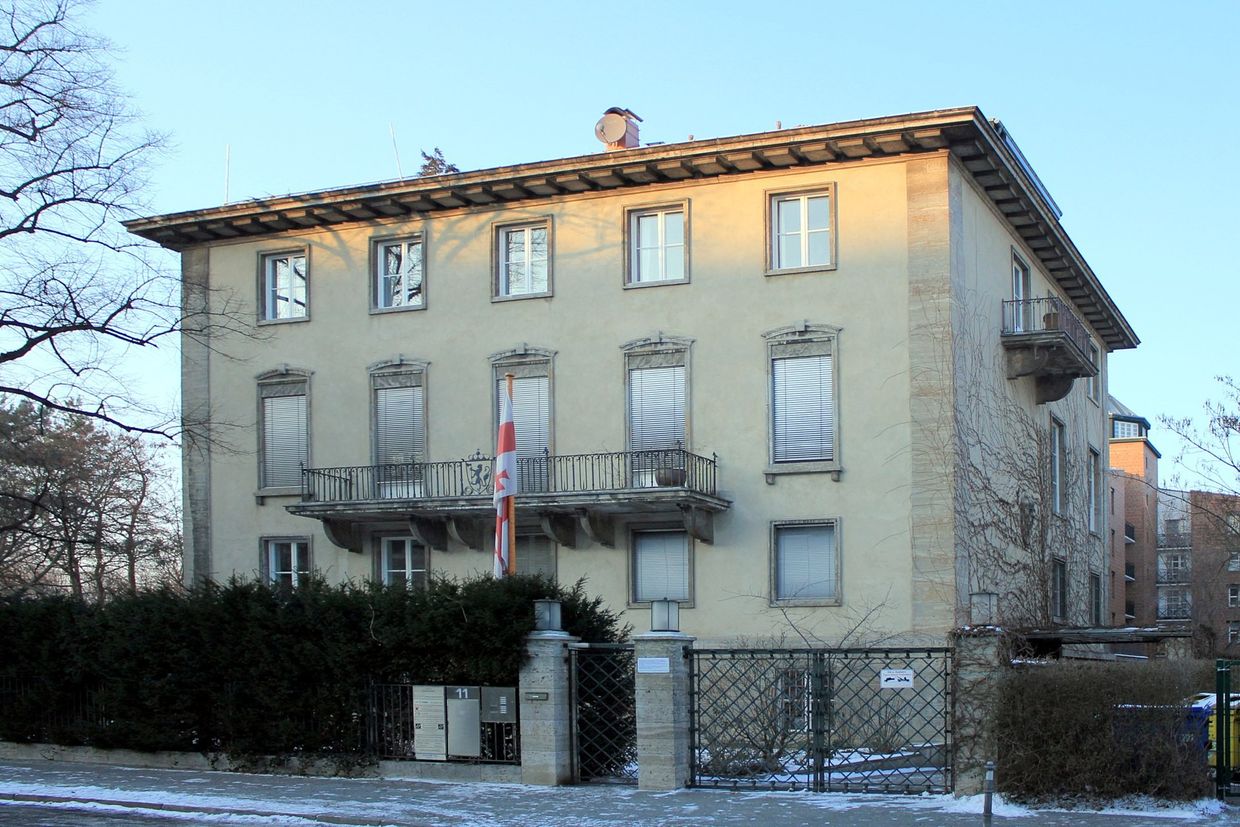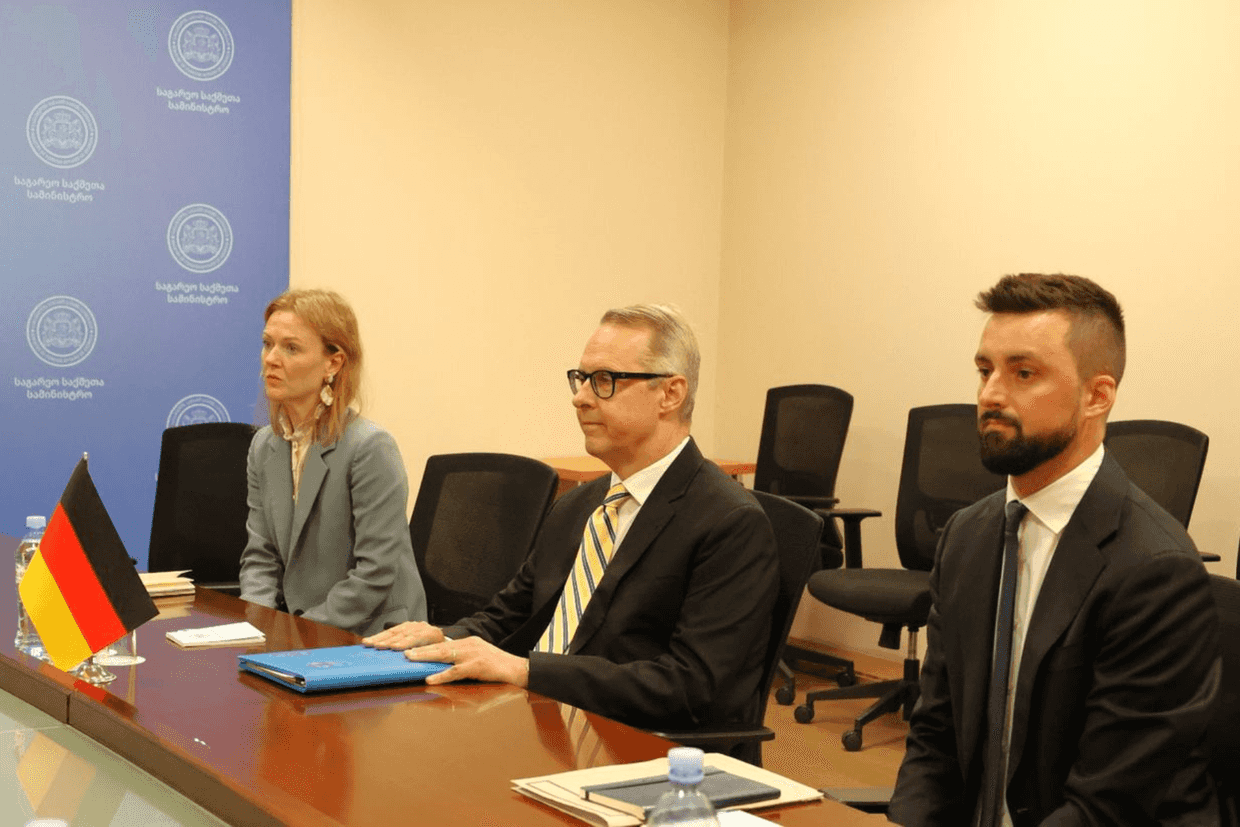Germany recalls its ambassador from Georgia for consultations amidst diplomatic escalation

Amidst sharp tensions with Georgia’s ruling Georgian Dream party, Germany’s Foreign Ministry has recalled its ambassador Peter Fischer for consultations.
The ministry announced its decision on Sunday, noting that ‘for many months, the Georgian leadership has been agitating against the EU, Germany, and also German Ambassador Fischer personally’.
The ministry added that, therefore, Foreign Minister Johann Wadephul had decided ‘to recall Ambassador Fischer for consultations on how to proceed’.
Germany’s decision was preceded by a series of diplomatic tensions between the two countries, which have traditionally enjoyed positive relations.
Fischer, an outspoken critic of the government in Georgia who took his position in 2022, has been subject to repeated criticism and attacks by senior members of the ruling Georgian Dream party against the backdrop of the country’s democratic backsliding and daily anti-government protests.
In response to Germany’s decision, Georgian Parliament Speaker Shalva Papuashvili expressed hope that ‘this is a signal for reconsideration, that the ambassador should serve as a bridge, not a wall’.
‘We hope this is a signal for a reset. Of course, we are ready for our relations with Germany to return to where they deserve to be’, he added.
Fischer has repeatedly criticised the ruling party’s adoption of restrictive laws and the spread of conspiracy theories targeting critics, saying that ‘political repression and violence are on rise’ in the country.
In response, Georgian officials have accused him of interfering in the country’s internal affairs, engaging in political activity, and supporting anti-government activists whom the ruling party has labeled as extremists.
Earlier this year, in late September, Georgia summoned Fischer over alleged interference in state affairs, including encouraging a ‘radical agenda’ in the country.

According to the ministry, Fischer was ‘reminded’ that, according to the 1961 Vienna Convention on Diplomatic Relations, diplomats ‘are obliged not to interfere in the internal affairs of the host state’.
Concerns were also expressed over what the ministry called ‘attempts to encourage a radical agenda in the country’, alleging such attempts were contributing to the ‘incitement of polarisation in society’.
In response, in early October, Germany summoned Georgia’s Chargé d’Affaires over the Georgian Dream government’s aggressive rhetoric about Fischer.
Fischer is not the only European ambassador to have faced criticism from the ruling party.
On 16 September, Prime Minister Irakli Kobakhidze claimed that a ‘large part of [EU] ambassadors present themselves to Georgian society as ambassadors of hatred’, specifically singling out Dutch Ambassador Meline Arakelian, who had met with the now-detained opposition politician Elene Khoshtaria before she was arrested for writing ‘Russian Dream’ on a Georgian Dream election banner.
‘This is a gross violation of the Vienna Convention, direct interference in democratic elections, and such behaviour is unbecoming of any ambassador’, Kobakhidze said of Arakelian.
The criticism was repeated by Parliamentary Speaker Papuashvili, who called Khoshtaria an ‘extremist politician’ on Tuesday, and accused Arakelian of ‘encourag[ing] extremism in Georgia’.
Following this, the embassies of 26 European countries in Georgia, as well as the EU Embassy, issued a joint statement condemning ‘disinformation’ about their work in the country.
UK Ambassador Gareth Ward was also recently summoned by the Georgian Foreign Ministry, though no details were made public as to what was discussed.
As noted in the German Ministry’s official statement regarding Fischer’s recall, the EU Foreign Affairs Council is set to address Georgia on Monday.
While the EU and some individual countries in the bloc have introduced sanctions on Georgian officials, there are a number of further actions the EU could still take, such as wider restrictions on visa-free access, trade reductions, and sanctions on the country’s financial institutions.

This article was translated into Azerbaijani and republished by our partner Meydan TV.









